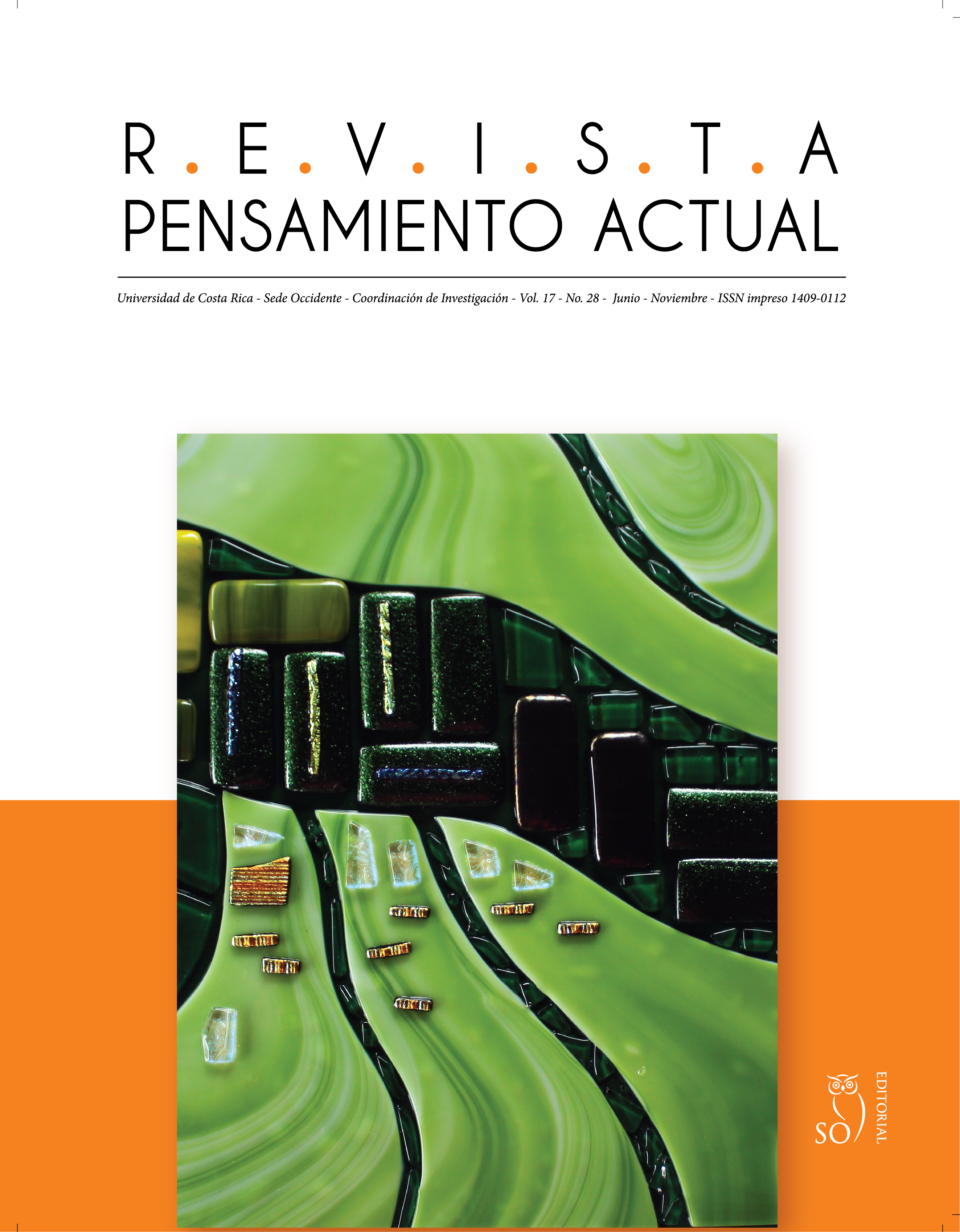Abstract
Sociomuseology is permanently challenged to expand and deepen its concepts and practices. It the purpose of Round Table of Santiago de Chile remains relevant – to firm the commitment of museums with life, human dignity and social justice – in the routine of the institutions it to some extent accomplished and simultaneously denied. In oppressive scenarios, a resistance always flourishes; wherever freedom exists, it could still be enlarged. Through reflexivity, we discover the blind spots that prevent us from perceiving the exclusions and the limits of this doing and knowing. Looking to the field from the perspective of the original peoples from the South can help its decolonization. This article aims to explore the contributions of Biology of Knowledge, Good-Living and Ubuntu to the theoretical foundation of Museum Education under a participatory and emancipatory view.

